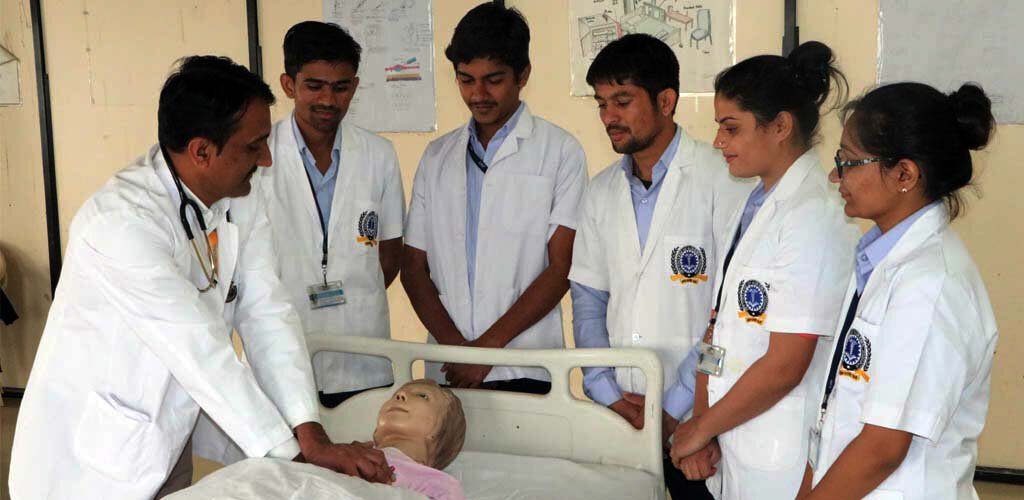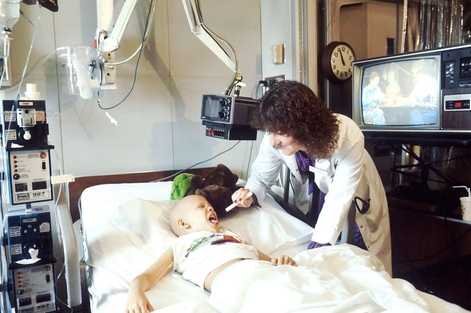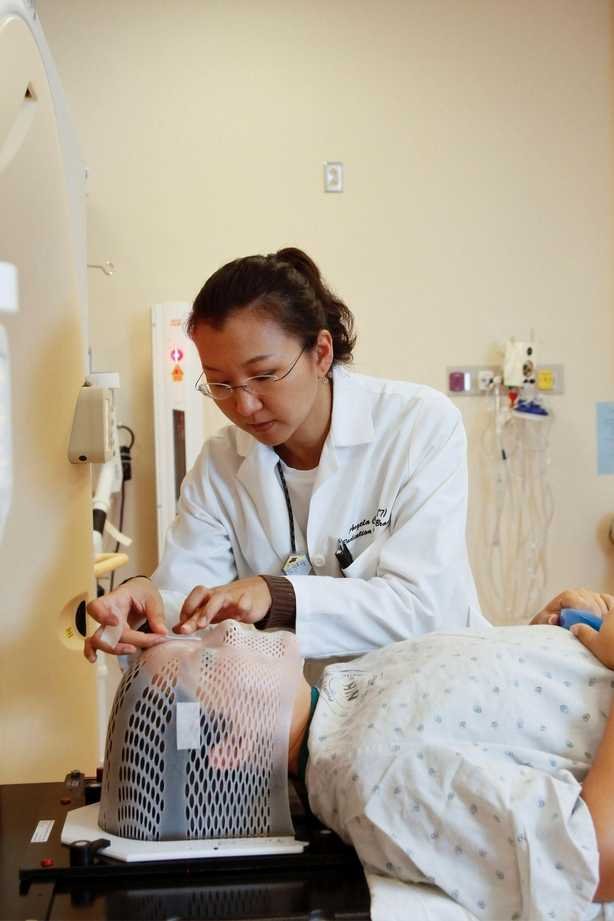The Impact of Nurses on Healthcare: Advocacy, Leadership, and Community Engagement
Nurses are the cornerstone of healthcare systems worldwide, playing pivotal roles in patient care, advocacy, leadership, and community engagement. Their multifaceted contributions not only enhance patient outcomes but also drive systemic improvements in healthcare delivery.
Advocacy in Healthcare
Nurses serve as vital advocates for patients, ensuring individuals receive appropriate care and that their rights are upheld. This advocacy extends beyond individual patient interactions to encompass broader health policies and reforms. By participating in policy development and lobbying for healthcare improvements, nurses help shape a more equitable and effective healthcare system.
Leadership Roles
In leadership positions, nurses influence healthcare practices and policies, fostering environments that prioritize patient safety and quality care. Their clinical expertise and frontline experience equip them to make informed decisions that benefit both patients and healthcare organizations. Leadership roles also enable nurses to mentor and inspire the next generation of healthcare professionals, ensuring the continuity of high standards in nursing practice.
Community Engagement
Nurses actively engage with communities to promote health education, disease prevention, and wellness initiatives. By understanding and addressing the unique health needs of diverse populations, they build trust and encourage proactive health behaviors. Community engagement efforts often involve organizing health camps, conducting educational workshops, and collaborating with local organizations to improve public health outcomes. Such initiatives are crucial in bridging gaps in healthcare access and fostering healthier communities.
The Role of JIET College of Nursing
At JIET College of Nursing, we recognize the transformative power of nursing and are committed to cultivating professionals who excel in advocacy, leadership, and community engagement. Our programs, including the flagship B.Sc. Nursing, are designed to equip students with the knowledge, skills, and ethical grounding needed for success in diverse healthcare settings.
Comprehensive Education: JIET offers a curriculum that integrates theoretical learning with extensive clinical practice. This ensures students graduate as well-rounded professionals prepared to address complex healthcare challenges.
Focus on Leadership Development: We provide opportunities for students to develop leadership qualities through mentorship programs, workshops, and exposure to real-world scenarios.
Community Initiatives: JIET actively involves nursing students in community outreach programs, health camps, and wellness drives. These initiatives prepare students to serve underserved populations and make a tangible difference.
State-of-the-Art Facilities: With advanced labs, simulation centers, and experienced faculty, JIET fosters an environment that supports innovation, hands-on learning, and continuous improvement.
Support and Guidance: Our faculty and staff are dedicated to nurturing every student's potential, offering personalized support to help them excel academically and professionally.
By instilling these values and offering a strong foundation, JIET ensures that its graduates are not just healthcare providers but also advocates, leaders, and active contributors to community health.
Conclusion
In conclusion, nurses are indispensable to the healthcare system, serving as advocates, leaders, and community partners. Their unwavering commitment to patient care and health promotion drives positive changes in healthcare delivery and outcomes.

























